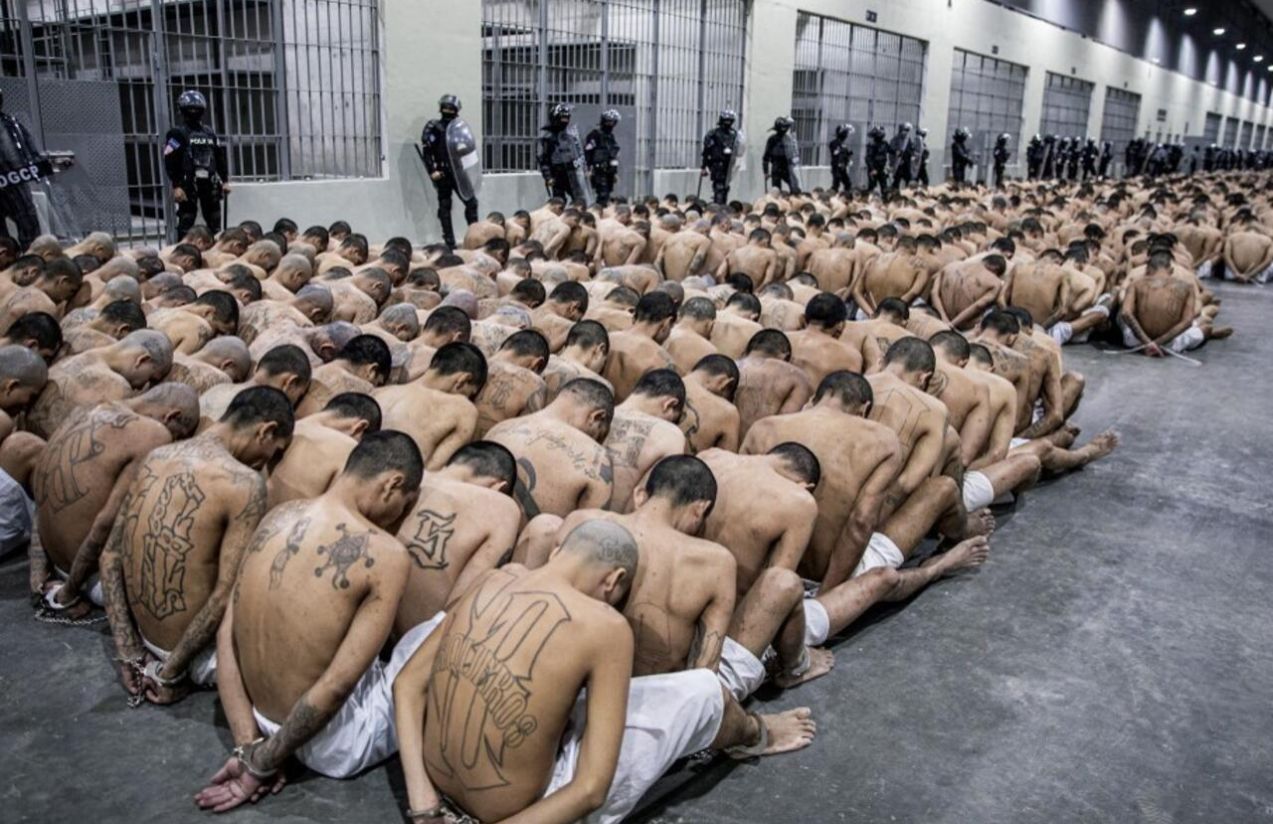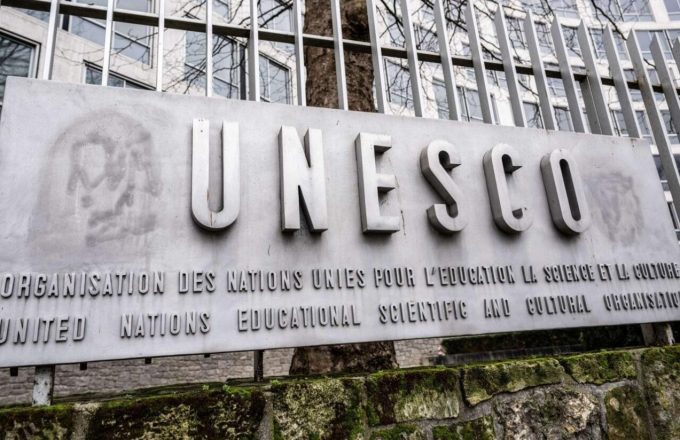In a trilateral agreement announced on July 18, 2025, the United States, Venezuela, and El Salvador completed a high-profile prisoner exchange with significant political and media implications. The outcome: ten Americans (including U.S. citizens and permanent residents) were released from detention in Venezuela, while over 250 Venezuelans imprisoned in El Salvador, accused of belonging to the Tren de Aragua gang, were sent back to Caracas. The deal also included the release of dozens of political prisoners in Venezuela.
U.S. Secretary of State Marco Rubio credited the release of the Americans to President Trump’s leadership, stating, “We have more Americans unjustly detained in Venezuela than in any other country in the world,” and celebrated the agreement as a step toward restoring justice for citizens held without due process.
El Salvador, under President Nayib Bukele, acted as mediator by handing over 252 Venezuelans to the Maduro regime. The operation included an annual payment of USD 6 million from the U.S. to El Salvador for the custody of prisoners. Venezuela’s government described the exchange as a humanitarian move to free political detainees and protect minors who had been held at the CECOT prison, including seven children between the ages of 1 and 12.

Does this diplomatic exchange set a positive precedent for the protection of human rights, or does it risk normalizing the political use of detainees?
Agreements like this bring hope to families of political prisoners and foreign detainees, showing that diplomacy can overturn arbitrary detentions and save lives. However, they also raise serious concerns: governments must carefully assess their legal processes and avoid using people as bargaining chips, to prevent the ongoing misuse of justice for political leverage.
This exchange marks a regional milestone, highlighting the complex intersection of migration security, human rights, and diplomacy, and sparking debate over whether such models should be repeated or regulated through clearer international standards.




















